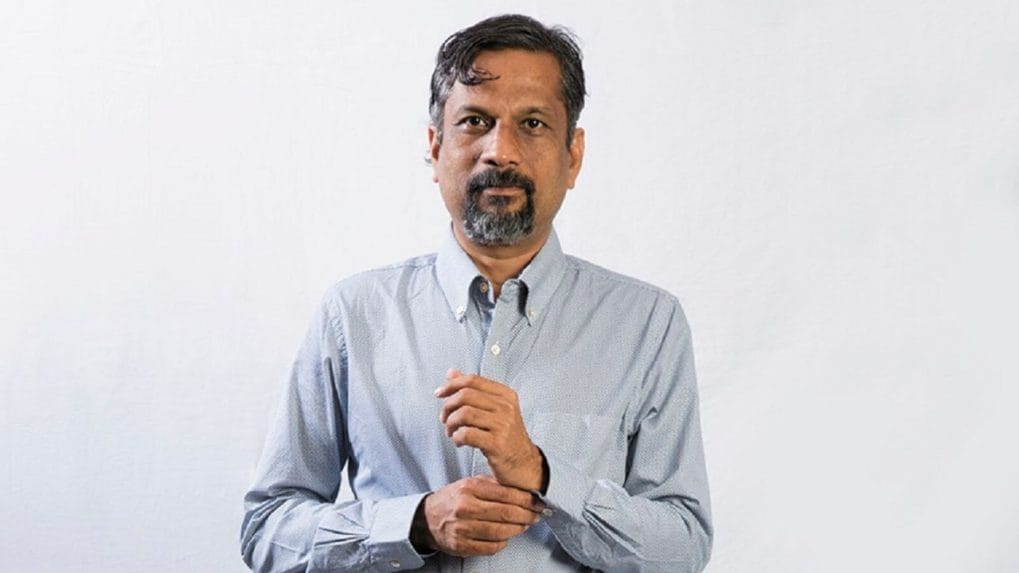How it Works
WPP, Havas, Omnicom: Are advertising’s biggest holdcos recasting agencies as AI Operating Systems?

Zoho Corp’s founder and Chief Scientist Sridhar Vembu has raised concerns about the massive energy demands of artificial intelligence (AI) data centres, warning that India must adopt “vastly more energy-efficient options” to sustain the technology’s growth.
In a post on X (formerly Twitter), Vembu pointed to a sharp 60% spike in electricity bills since 2023 in Athens, Georgia (US), attributing the rise to the growing number of AI data centres. He said India cannot afford a similar surge, both economically and socially.
"Electricity bill .. up 60% since 2023" in Athens, Georgia (US) due to new AI data center demand for electricity.
— Sridhar Vembu (@svembu) October 6, 2025
One of the under-appreciated facts about the current state-of-the art AI is how extraordinarily energy inefficient it is.
This is a huge issue for India. Even if… https://t.co/GmqOPoarxZ
“Electricity bill up 60% since 2023 in Athens, Georgia (US) due to new AI data center demand for electricity,” Vembu wrote. “One of the under-appreciated facts about the current state-of-the-art AI is how extraordinarily energy inefficient it is.”
Vembu emphasised that even if India could afford high-end GPUs (graphic processing units), the real bottleneck lies in power consumption. “We cannot afford the electricity bill. We cannot afford to hurt households and factories,” he cautioned.
The Zoho co-founder, who has been in the spotlight recently for his indigenous messaging app Arattai, added that India must “fundamentally rethink the computational aspect of AI” to make the technology truly scalable and sustainable.
His remarks come amid global debates on the environmental and infrastructural impact of AI, as companies like Google, OpenAI, and Microsoft ramp up data centre capacity to support next-generation AI models.
From purpose-driven work and narrative-rich brand films to AI-enabled ideas and creator-led collaborations, the awards reflect the full spectrum of modern creativity.
Read MoreThe Storyboard18 Awards for Creativity have unveiled a Grand Jury comprising some of India’s most influential leaders across advertising, business, policy and culture, positioning it among the country’s most prestigious creative award platforms.